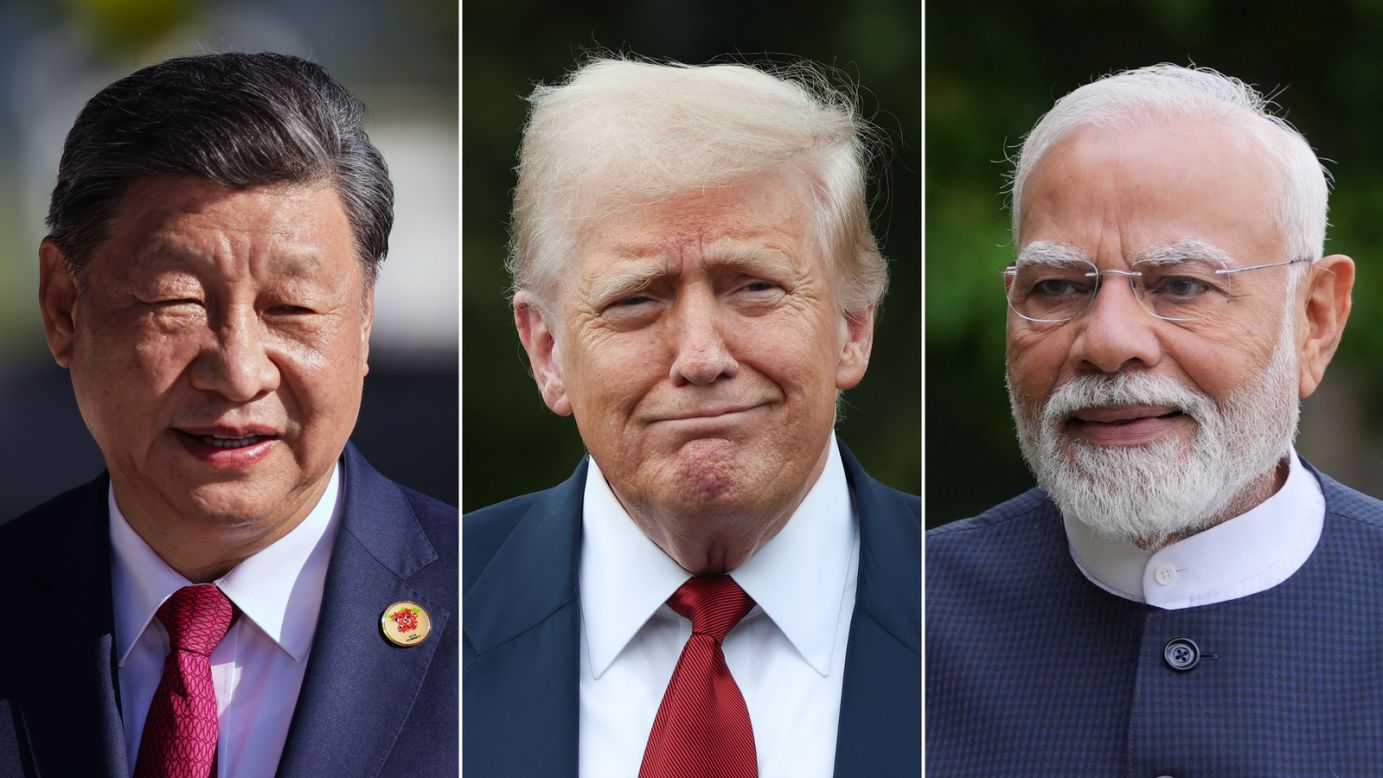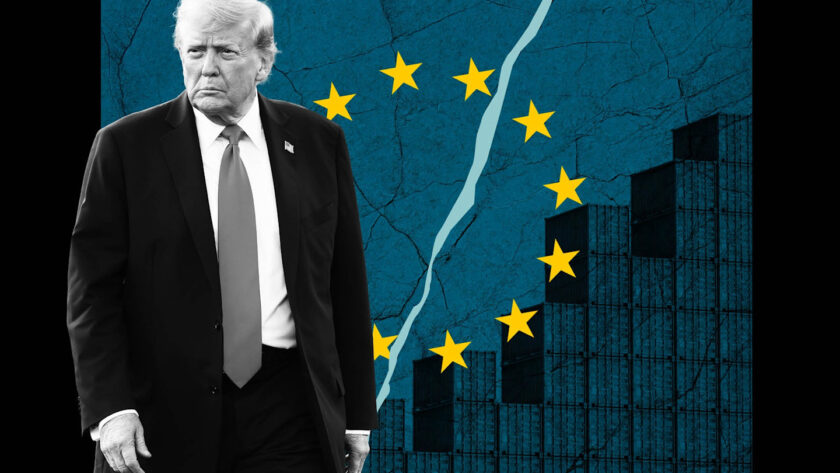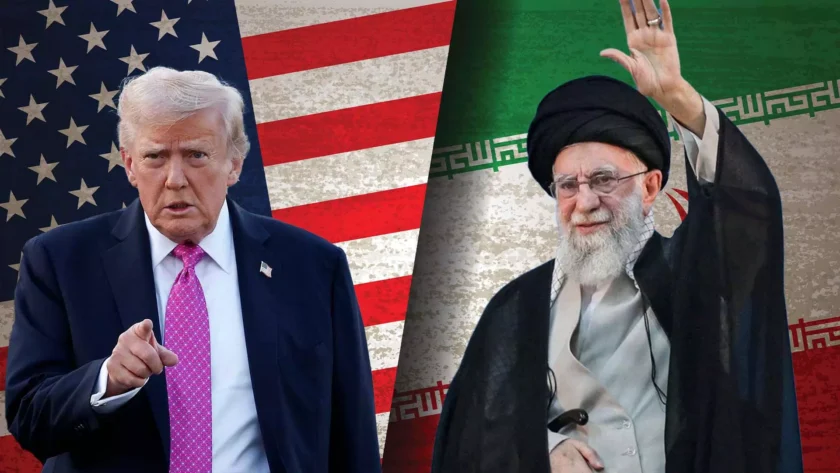New Delhi | Even as U.S. President Donald Trump continues his tariff onslaught and aggressive trade posturing, India has surprised global observers by recording a 22% surge in exports to China during the first half of the 2025–26 fiscal year. The rise signals New Delhi’s success in diversifying its trade dependencies amid Washington’s increasingly unpredictable policies.
A Defiant New India
Once hailed by Trump as a “great friend,” India now finds itself in the crosshairs of his protectionist agenda. The U.S. President has repeatedly accused India of “unfair trade practices,” threatening higher tariffs on Indian goods. In response, India’s Ministry of External Affairs struck back sharply, accusing the U.S. of “double standards” — pointing out that Washington continues large-scale trade with Russia while criticizing India for the same.

External Affairs Minister S. Jaishankar underscored that “India will not bow to dominance or intimidation,” asserting that New Delhi will act in accordance with its national interests and economic sovereignty. Meanwhile, Russia’s Foreign Ministry spokesperson Maria Zakharova remarked that the U.S. is struggling to accept its waning influence in an increasingly multipolar world.
Tariff Tensions and Trade Reorientation
Trump’s 50% tariff on Indian goods has severely hit sectors such as shrimp, aluminum, and textiles — traditionally strong export segments to the U.S. However, Indian exporters have responded swiftly by pivoting to alternative markets, particularly China.
According to trade data, India’s exports to China reached $8.41 billion between April and September 2025, up from $6.90 billion during the same period in 2024 — marking a 22% year-on-year increase. The biggest gains were seen in shrimp and aluminum exports, which faced significant hurdles in the U.S. market due to Trump’s tariff escalation.
Industry reports indicate that after the U.S. imposed its 50% tariff, India’s air cargo exports to the U.S. dropped by 14%, while the shrimp industry in Andhra Pradesh alone incurred losses of over ₹25,000 crore, with nearly half of all export orders canceled.
The textile and apparel industry, another major casualty of U.S. tariffs, also reported a 50% decline in orders, according to a survey by the Confederation of Indian Textile Industry (CITI).

China Steps In
China has emerged as an unexpected beneficiary of Trump’s trade war tactics. In a post on social media platform X (formerly Twitter), China’s Ambassador to India, Xu Feihong, expressed satisfaction over the growing bilateral trade. “India’s exports to China have risen 22% in the first half of FY2025–26,” he wrote. “Beijing welcomes more Indian goods and is ready to help offset the impact of U.S. tariffs.”
The shift highlights how India and China, despite border tensions and political differences, continue to find economic convergence where strategic interests align.
Trump’s Dilemma
Trump’s tariff strategy — initially framed as “reciprocal fairness” — has backfired in several quarters. His decision to double tariffs on India, citing New Delhi’s purchase of Russian oil and defense equipment, has sparked criticism even within the U.S. policy community. Many American economists argue that Trump’s punitive measures could hurt U.S. importers and push India further toward Asian and BRICS partners.
Observers note that while Trump seeks to project strength, India’s measured defiance reflects a new phase of assertive diplomacy — one that balances global relationships without succumbing to Western pressure.
A Redefined Global Trade Order
The current trade turbulence may well redefine global supply chains. For India, the 22% jump in exports to China signals that resilience and adaptability are shaping its new economic identity. As one senior trade analyst put it, “Trump’s tariffs may have intended to isolate India, but instead, they’ve compelled it to strengthen its eastern corridors.”
In a multipolar world, India’s ability to navigate between great powers — standing firm against “bullying” while expanding trade with rivals — underscores the confidence of a nation that refuses to be dictated to.









